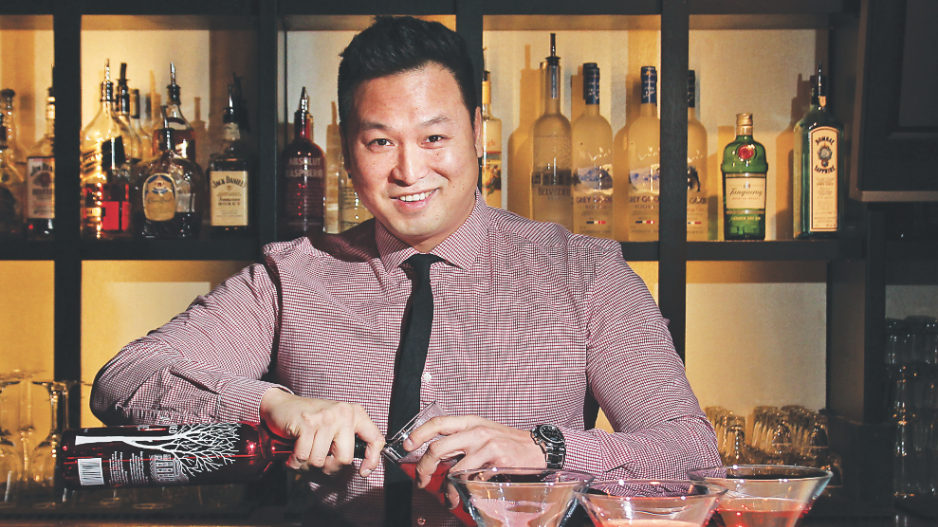Desmond Chen started working in the restaurant business at the age of 13 in his father’s first restaurant, Thai House, on Robson Street.
As an older teen, Chen started helping to manage his family’s property holdings during the day while continuing to work in the restaurant at night. He opened his first restaurant, Urban Thai Bistro, in Yaletown in 1999 when he was just 24.
“From dealing with the floor plans to interior design … to the renos, to making sure everything was on time and on budget, it was probably one of the best experiences I could have,” Chen said. “No one could ever learn that in university.”
Chen now owns a total of five restaurants in Vancouver, North Vancouver and Richmond and employs 130 people.
Chen believes having a good understanding of how commercial leasing works can be a crucial asset in the restaurant business. In 1999, he bet on Yaletown’s metamorphosis from warehouse district to chic residential and commercial hot spot; in 2010, Chen opened Pink Elephant Thai on Alberni Street at the start of that street’s transformation into a high-end retail destination.
“Back in 2010 when we opened it, we noticed Alberni Street was going to be the new Robson Street,” he said. “We negotiated a very reasonable lease at that time. With a reasonable rent you can do well there.”
That contrasts with Robson Street, he said, which has some of the highest retail rents in the country – as high as $100 to $200 per square foot. Chen’s family sold their Robson Street restaurant several years ago, which was on the second floor and therefore rented for about a third less than a street-level space.
“Rent’s everything. That’s your biggest fixed expense you can’t control. Everything else you can control: your payroll costs, your food costs,” Chen said.
Chen noted that while Alberni Street is fully leased at the moment, several vacancies on Robson Street are evidence of the churn caused by very high rents on that street.
“I don’t know how businesses survive on Robson,” he said.
On rent’s relation to profit | “You can be in one of the best locations on Robson Street and be paying prime, or you could be somewhere else, on East Broadway [for instance] and paying literally 25% of that, and your sales would not be as much as Robson Street but you’d be profiting more.”
Has a work of life challenge taught you a key career lesson? Contact Jen St. Denis at [email protected]




